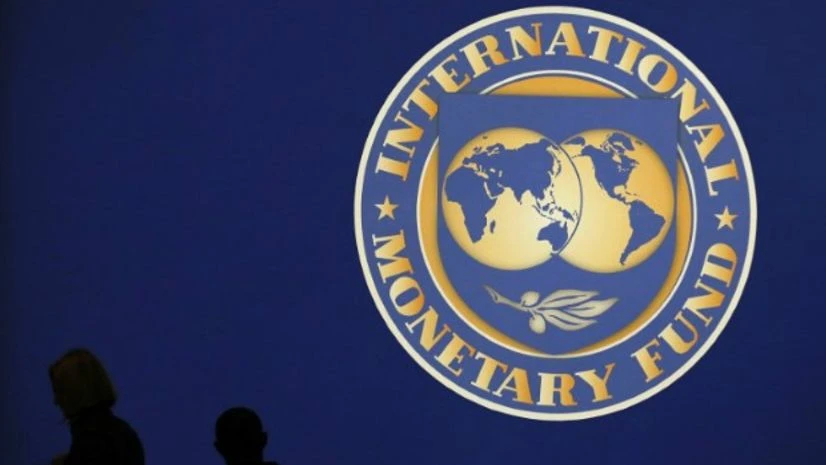The International Monetary Fund on Thursday called on the Indian government to restructure state-run banks and reduce its stakes in them, as part of a series of recommendations issued after conducting a financial system stability assessment.
India's banking sector has been reeling under $156 billion of stressed loans that are widely seen as delaying the credit growth needed to revive private investment.
Most of the bad debt is held by state-run lenders, which are suffering after years of bad lending decisions.
In its report, the IMF welcomed the government's plan to inject about $32 billion to recapitalise state-run lenders, which was announced in October, as an important step to "support effective resolution of nonperforming assets".
But the organisation said the injection needed to be accompanied by steps to restructure state-run banks, as well as action to improve corporate governance, and a reduction of the government's stakes in the lenders.
The IMF's financial stability report also recommended India undertake "a cautious reduction" in the minimum amount of investment in government securities that banks are required to hold, in what is known as the statutory liquidity ratio.
More From This Section
Undertaking these steps "would boost the system's capacity to support credit to the economy, while reducing moral hazard and contingent fiscal liabilities", the IMF said in the report.
When announcing its $32 billion recapitalisation plan, the government had pledged to announce a series of reforms of the state-run lenders, though it has yet to disclose details.
The IMF also called for greater independence and more supervisory powers by law for the central bank, the Reserve Bank of India, to supervise and regulate state-run lenders.
Reserve Bank of India Governor Urjit Patel has also called on the government to undertake reforms at the state-run lenders, saying doing so was necessary to avoid repeating the bad lending decisions that have led to the current woes in the sector.

)
